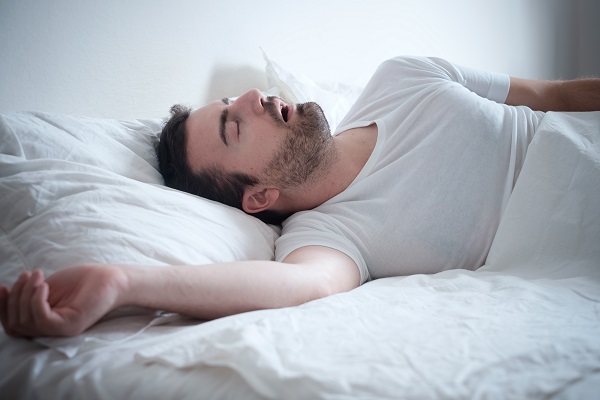What If I Do Not Want a CPAP Machine for Sleep Apnea?

When it comes to treating sleep apnea, one of the most popular treatments is a continuous positive airway pressure (CPAP) machine. This treatment maintains pressure inside the patient’s airway. The pressure is just different enough from the air in the rest of the room that the airway will remain open. However, you might not like the idea of a CPAP machine. There are many reasons why you might not want to use a CPAP machine.
Alternative sleep apnea treatments
A common alternative for people who do not want a CPAP machine is to have a surgery. These surgeries can reduce excessive tissue in areas around the airway. It can also involve moving the lower jaw so it will not collapse. This can include:
- The tongue
- The lower or upper jaw
- The adenoids and tonsils
- The soft palate and uvula
However, oral surgery for sleep apnea is not for everyone. Some people may experience benefits from this surgery while others may not. This type of oral surgery also has some potential complications and drawbacks, including bleeding and an overnight stay in the hospital. Some patients may need to have their jaws wired closed for several weeks. A dentist can help a patient determine if oral surgery is a good option. The good news is that there are other treatment options available.
Lifestyle changes
Sometimes, making lifestyle changes can help. For example, alcohol can cause the muscles in the throat to relax. This can cause problems during sleep. Quitting alcohol might be a good option for these patients. It is also a good idea to stop using tobacco products, especially cigarettes. Upper respiratory allergies can cause symptoms of sleep apnea as well. Treating these allergies and taking decongestants can help patients to breathe better at night.
Oral appliances for sleep apnea
A good option for individuals who do not want to use a CPAP machine is a dental appliance. The two main types of dental appliances are tongue-retaining devices and devices that prevent the jaw from falling back during sleep. A device for the tongue holds the tongue in place while a device for the jaw works by gently moving the patient’s jaw forward. Many patients today are choosing to use an oral device instead of a CPAP machine. Oral devices are good options for patients who have mild to moderate sleep apnea who do not want a CPAP machine.
Visit a dentist near you today
Whether you are considering oral surgery, a dental appliance or another method of treating your sleep apnea, a dentist can help you manage your symptoms. Your dentist can help you determine if you might be a good candidate for oral surgery. A dentist can also create a customized oral appliance for you. This appliance can reduce your sleep apnea symptoms. No matter which treatment option you are considering, it is important to get treatment for your sleep apnea quickly. Visit a dentist near you today to learn more.
Request an appointment here: https://www.gablesexceptionaldentistry.com or call Gables Exceptional Dentistry at (305) 203-4132 for an appointment in our Coral Gables office.
Check out what others are saying about our services on Yelp: Read our Yelp reviews.
Related Posts
Teens undergo various challenges and physical transformations, such as treatments to align their teeth, which can significantly impact their self-esteem and confidence. Invisalign® has revolutionized how teens and their parents straighten their teeth. Invisalign for teens can boost their confidence without the need for wires and brackets of traditional braces.One of the main concerns teens…
It can be scary to endure a cracked tooth, especially when it results from dental trauma. This review explains what to do in the event of a cracked tooth. It is important to take a deep breath and handle the immediate aftermath one step at a time.You can help ensure a cracked tooth (or a…
Are you considering Invisalign®? Read on to learn more about this teeth-straightening option. The path to a beautiful smile, complete with straight teeth, can be life-changing. Using braces to straighten teeth has been the standard practice for decades. However, new orthodontic treatments have emerged as a result of technological advances. One such innovation is Invisalign,…
Eating with Invisalign ® aligners will be slightly different from your usual routine, but it is entirely manageable with minor adjustments. We often receive questions about eating with Invisalign, so we have answered the most common ones in this review to help you navigate this aspect of your orthodontic treatment. Understanding what patients can and…
